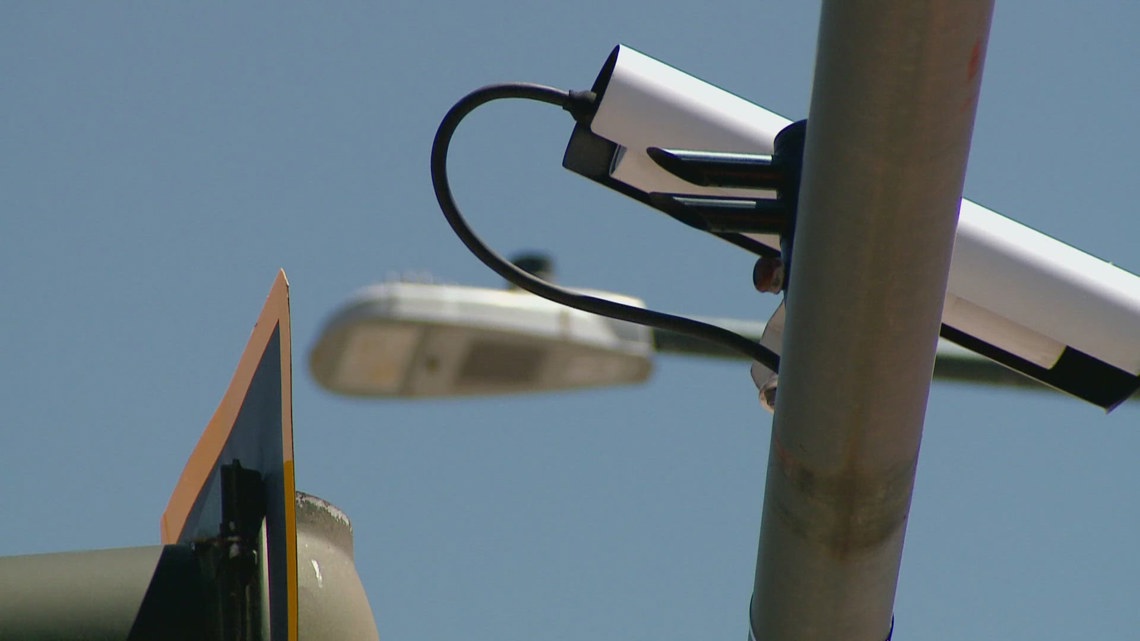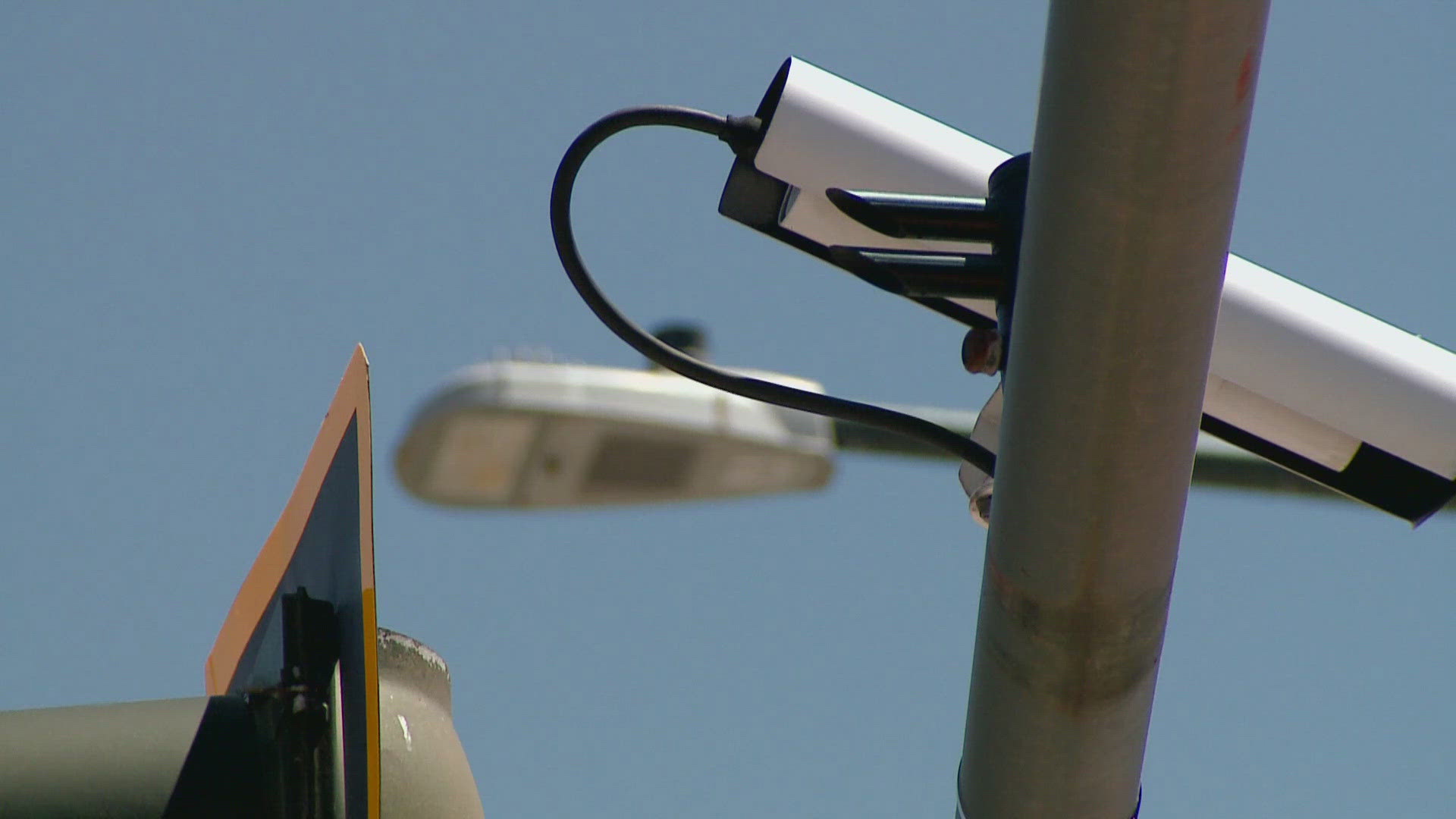DENVER — The Denver Police Department’s new license plate reader cameras detected more than 2 million cars last month, according to statistics released Thursday.
Police shared those numbers through a new online portal, designed with public transparency in mind, according to Commander Paul Jimenez.
“This information is not being shared with private citizens, and it's purged after 30 days, and it's only limited access,” Jimenez said.
Police installed 93 additional cameras in June, as part of an effort to crack down on vehicle theft and other crime in the Mile High City.
The cameras record license plates and vehicle information, which can alert police to vehicles listed on stolen car databases.
The data is held for 30 days and is accessible to Denver Police and 66 other law enforcement agencies across Colorado.
According to the portal, 86,069 vehicles prompted a “hit” on the hotlist in the last 30 days.
Of those, 1,436 resulted in a search of the license plate reader database, an average of about 48 searches per day.
“We think it's very effective for not only addressing the auto theft issue but violent crime in the city and county of Denver,” Jimenez said.
Denver Police said the Flock system has resulted in 142 arrests and the recovery of 99 stolen vehicles over the past four months.
“What we want to take a look at is what has been captured in terms of stolen vehicles, weapons recovered, individuals arrested that would not potentially have been arrested if it wasn't for this technology or these cameras,” Jimenez said.
The ACLU of Colorado is calling on Denver Police to include more information in the portal, citing privacy concerns for the public.
“What it’s doing is it’s making people who are going about their daily lives subject to this very intense surveillance,” Staff Attorney Laura Moraff said. “Transparency is a major issue with this type of surveillance. Flock touts its transparency portal, there is not a whole lot of information available in that portal.”
Moraff said DPD should allow people to search the portal to see if they’ve been recorded and to see if they’ve matched on any hotlist.
“They’re saying they store it for 30 days,” Moraff said. “That doesn’t make a whole lot of sense because it really only takes a second to run a plate against the hotlist. When you consider what those numbers mean for the vast majority of people who are being surveilled by this technology, it’s absolutely not worth it.”



